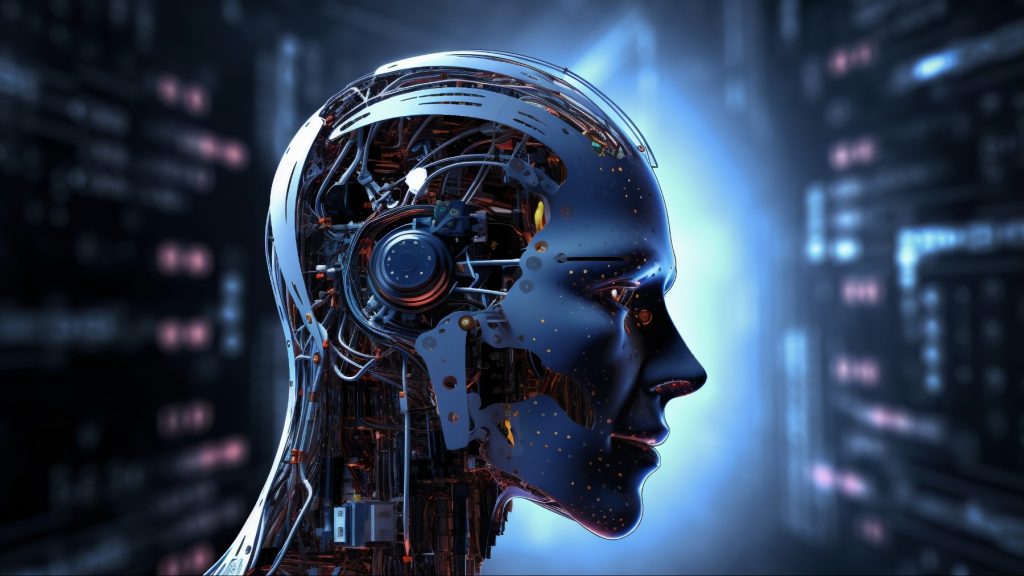
The term “agentic AI” or “artificial intelligence agents” is gaining traction in reference to a new class of autonomous AI agent and system and it is one that tech industry leaders are in a rush to define.
In a series of recent posts, the partners at Menlo Ventures-investors in high-profile AI startups, including Anthropic, details how AI agents will evolve, and revealing that the new generation will have four clear capabilities: reasoning, external memory, execution, and planning.
According to Tim Tully, Joff Redfern, Deedy Das, and Derek Xiao, what will define fully autonomous AI agents of tomorrow is the ability for self-determination of actions and tools in solving a problem. The authors say, while today’s large language models can have access to many tools, they lack the ability to determine how to use them. The difference is clear, calling up a tool is not agentic; a fully autonomous AI agent has the tool to deploy according to context and necessity.
AI Autonomous Agents Types
One type of autonomous AI agent, known as “decisioning agents,” leverages large language models (LLMs) to analyze through a set of rules and then decide which tool to use to complete a given task. An example of this model is Anterior, a healthcare software start-up.
Another autonomous agent in AI is the “agent on rails,” which runs under higher-order goals, granting it more flexibility in how to approach certain tasks. Companies, such as Sierra and All Hands AI, are leading the charge in customer service and software development.
At the top of the agentic AI pyramid is the general AI agent. These are dynamically reasoning, custom code-generating machines. Still largely a subject of research, examples include Cognition’s Devin, an AI software engineer.
The second post in this series from the team at Menlo Ventures explains how agentic AI will revolutionize enterprise automation. Moving beyond the basic tools of robotic process automation (RPA), decision agents and agents on rails can solve complex problems, such as reconciling supplier invoices with multiple variables in their decision-making.
These agents provide intelligence in solution determination and handling tasks that traditional RPA could not manage.
Weak Points of Autonomous AI Agents
Researchers acknowledge several limitations to question how effective the autonomous AI agents available are, even as the landscape sounds so promising. For instance, provided information does not discuss how hallucinations-that AI produces wrong answers-could still be produced in fully autonomous ai agentic systems. There is a risk that even the agents could give weak performances while doing sophisticated reasoning due to reliance on correlation rather than causation.
A recent example discussed in “AI Snake Oil” highlights an instance where an AI model misinterpreted data regarding the treatment of asthma patients with pneumonia, leading to incorrect recommendations about when they should be discharged from the hospital after receiving critical care. Defective reasoning like this underscores the need for further research on the implications of deploying agentic AI into real-world scenarios.
On the other hand, researchers showed their concerns about the ethical method of using a fully autonomous AI systems, stating down the possible breaches that may happen and could destroy some private data for users, which will cause problems for autonomous AI agent in terms of privacy regulations.
Final Thoughts
With the continuously developing systems of agentic AI, there is a great potential to transform industries in advanced decision-making and automation.
Yet, with its promise comes great caution over challenges that the agentic AI system might face, mainly in reasoning accuracy and ethical implications. While we benefit from these autonomous AI agents, ongoing research and responsible implementation will be crucial to provide a good service to users and protect their safety. As a conclusion, innovation and accountability will have to strike a balance in determining the future of AI in daily life.
Inside Telecom provides you with an extensive list of content covering all aspects of the tech industry. Keep an eye on our Intelligent Tech sections to stay informed and up-to-date with our daily articles.